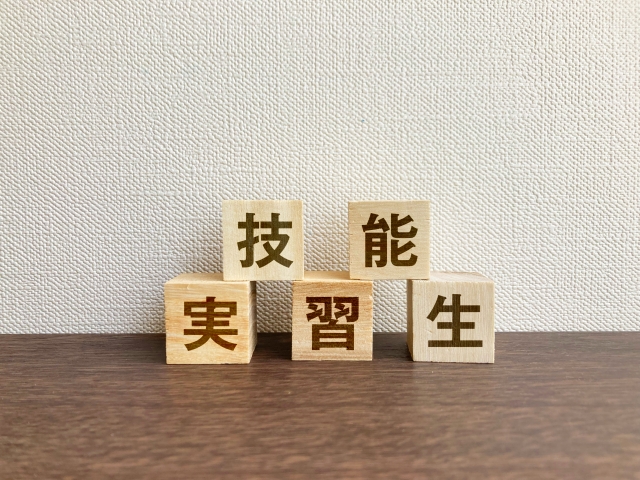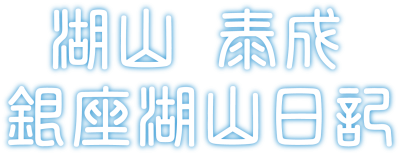Developing specialists to supporting foreigners

I think it’s basically a good thing because it’s part of a major system reform aimed at the actual abolition of the Technical Intern Training Program.
I would like to express my opinion on this matter.
Whether you are a foreigner or an Asian, when you work with them, they are really different depending on the country and religion.
There are big differences in culture and language.
I’m worried that the response will become more rigid because it will be a Japanese administrative official’s expert.
The more authoritative legal experts are born, the more awkward the scene will be in the field.
It must be unbearable.
Also, it takes a lot of time to grow.
If possible, how about giving a certain amount of qualifications through short-term education to those who come to Japan and have a long working term in each country?
People will say no, but I think the Immigration Bureau, where the incident occurred, is also a group of experts.
I think that the problem is not specialized knowledge, but common sense and a human nature that doesn’t hesitate to take care of you.
I fully understand the position of how to manage and work with foreigners, but as someone who has experience in the field, I have some doubts as to whether this will produce good results.
Especially because it’s a medical welfare workplace.
It is a workplace that supports human beings to lead human lives.
Humans are the customer’s business.
It’s not like a factory or a farm.
The worries of counselors, care managers, teachers, and childcare workers are not specialized knowledge.
Human life experience, social experience.
What I expect is to include a wealth of on-site experience in the training program.
Alternatively, I would like you to give priority to human resources who already have work experience.
Koyama G gladly accepts.
Because the site is everything, Koyama G.
Pulse oximeter 99/98/99
Body temperature 36.7 Blood sugar 140
General public
CEO Yasunari Koyama
